Photo courtesy of Ligeia Moltisanti
Picture Justice 2015
Although an established fashion photographer, Chris Bartlett has turned, in recent years, to capturing images of some of the world’s most divisive human rights issues. His documentary portraiture has depicted Burmese dissidents, survivors of military sexual abuse, and Iraqi victims of torture in American prisons. His work has been displayed in numerous exhibitions, including at Photoville in Brooklyn.
This summer, Chris taught Picture Justice students how to tell the story of mass incarceration through photography. Before the program began, Chris spoke a bit about his understanding of portrait photography. To Chris, it is important to impart his pupils not only with photography skills, but also with sensitivity and with understanding of the issues they depict.
What do you hope that your students will take away from the project?
You have to go in and think- what am I trying to say? What am I trying to reveal? And then the creative part of that will support that…. You need to sit back beforehand, and try to figure out your message, and how you want to deliver it, and then go create your piece.
Whether it’s video, or portraiture, or documentary... And even with that, things are going to change when you get working on location or with your subjects, so you need to be open to spontaneity, and open to it evolving, but you have to remember that it’s important to go in with a clear idea of what you want.
What do you think drives your subjects’ willingness to be photographed?
I think there are multiple reasons… For some people, I think it’s to really show the truth, and they’re willing to risk public exposure… for [others] I think it’s part of healing.
For some people, it becomes a part of their identity… because their identity has been changed or destroyed by the trauma they’ve been through- this is part of their new identity, and they’re exploring it.
The participants will be handling a highly sensitive topic. What would you say to prepare them to take photographs?
It’s really important to remember that at the end of the day you’re dealing with real people, who have been through very difficult situations, and so you need to be very cognizant of that. If you’re taking someone’s image or personality and you’re making it public. There’s a lot of responsibility when one does that. And it could be be that things change, and you have to shift gears because the person becomes uncomfortable, and you just have to accept that that’s just part of the process.
For more, visit http://www.picturejustice.org

